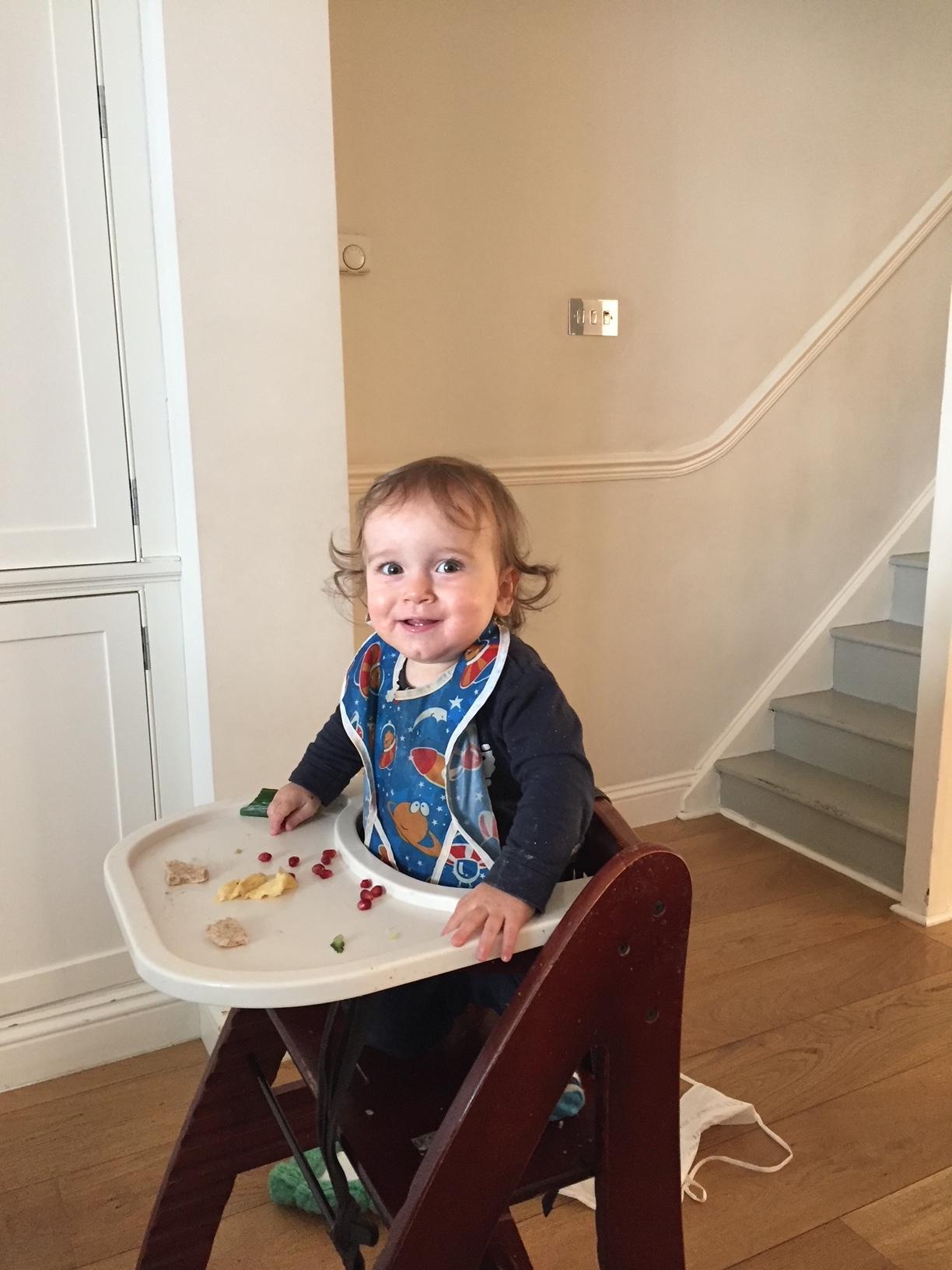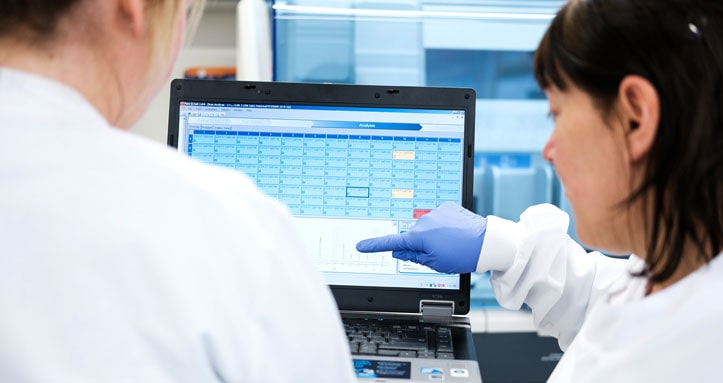
Moshe
Moshe was 11 months old when he was diagnosed with type 1 diabetes.
There’s only one way that a cure will come about, and that’s through research. To our family, research means hope.
Mendy's son, Moshe, was diagnosed with type 1 diabetes in 2017, aged 11 months.
Shortly afterwards, Moshe and his family got involved in a research study we funded into the very early onset of type 1 diabetes. The research aims to understand how type 1 develops at such a young age.

